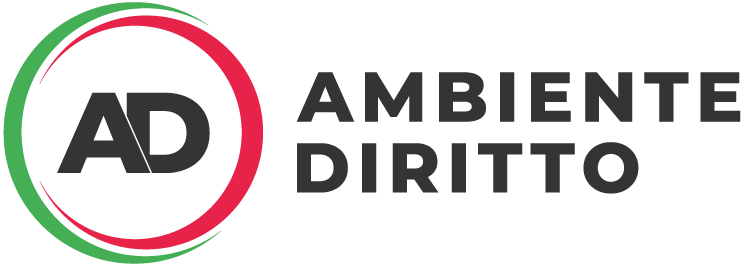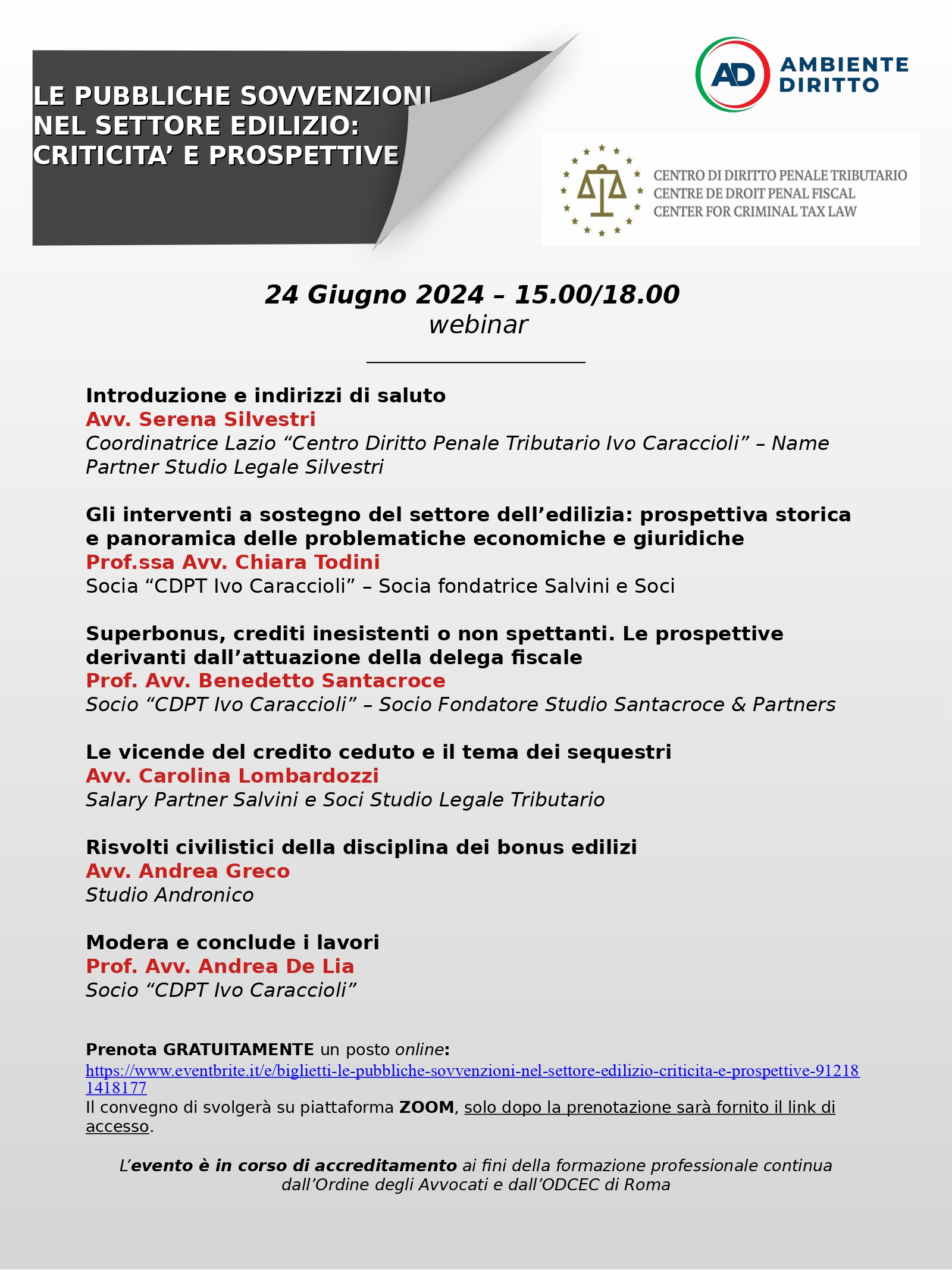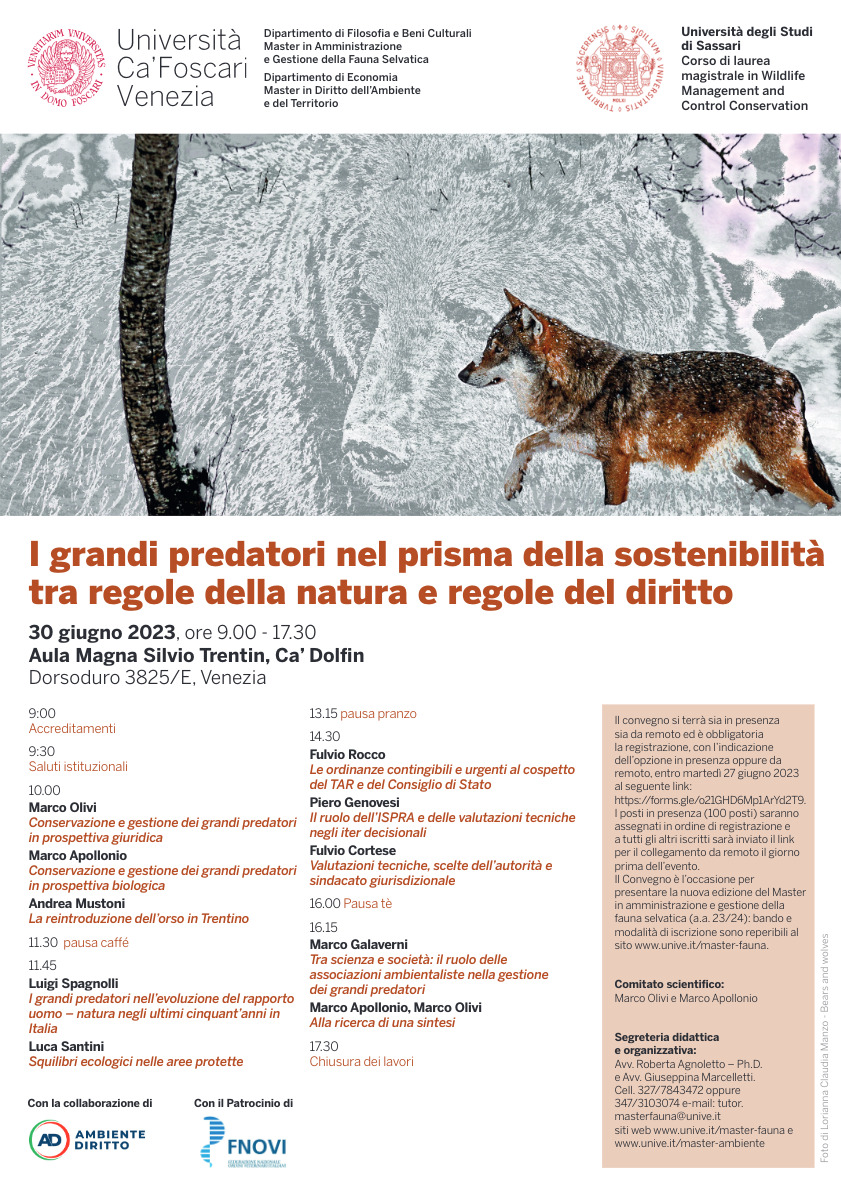______________ AMBIENTEDIRITTO ______________
Il WHISTLEBLOWING
TRA INTELLIGENZA DELLA CORRUZIONE E CONOSCENZA DELLA (MAL)AMMINISTRAZIONE.
Francesco Fabrizio Tùccari
Abstract (it) Il contributo tratta il tema-problema del whistleblowing, che, già di notevole attualità, si è imposto all’attenzione in misura ancora maggiore in questo particolare periodo di emergenza sanitaria, in cui possono crearsi condizioni più favorevoli per il diffondersi di pratiche corruttive e di malamministrazione. L’istituto, dotato di una sua propria fisionomia che lo distingue da altre figure similari, opera nella duplice prospettiva del contrasto all’illegalità e dell’informazione alla collettività sull’essere, sull’organizzarsi e sull’agire degli apparati pubblici e privati. In quest’ottica vengono affrontate le questioni di ordine teorico-sistematico e applicativo che lo riguardano.
Abstract (en) The paper deals with the problem of whistleblowing, which, already remarkably relevant in itself, has become even more important during this particular historical moment of health emergency, where more favourable conditions may be created formerging of corruptive practices and maladministration. The institute, endowed with its own distinctive features that distinguish it from other similar figures, operates in the double perspective of the fight against illegality and information to the community about being, organizing and acting of public and private entities. In this perspective, the paper focuses on the theoretical-systematic and applicative issues which characterize it.
SOMMARIO: 1. Premessa. – 2. Il problema del whistleblowing. – 3. La nozione di whistleblowing. – 4. Paradigmi normativi: il whistleblowing nel diritto internazionale. – 5 (segue). Il whistleblowing nel diritto europeo. – 6 (segue). La realtà italiana. – 7. Conclusioni.
Scarica allegato





 AMBIENTEDIRITTO.IT EDITORE
AMBIENTEDIRITTO.IT EDITORE